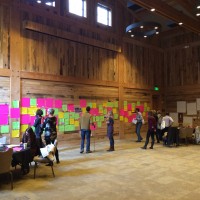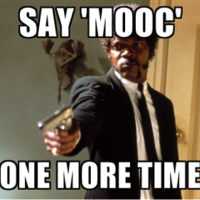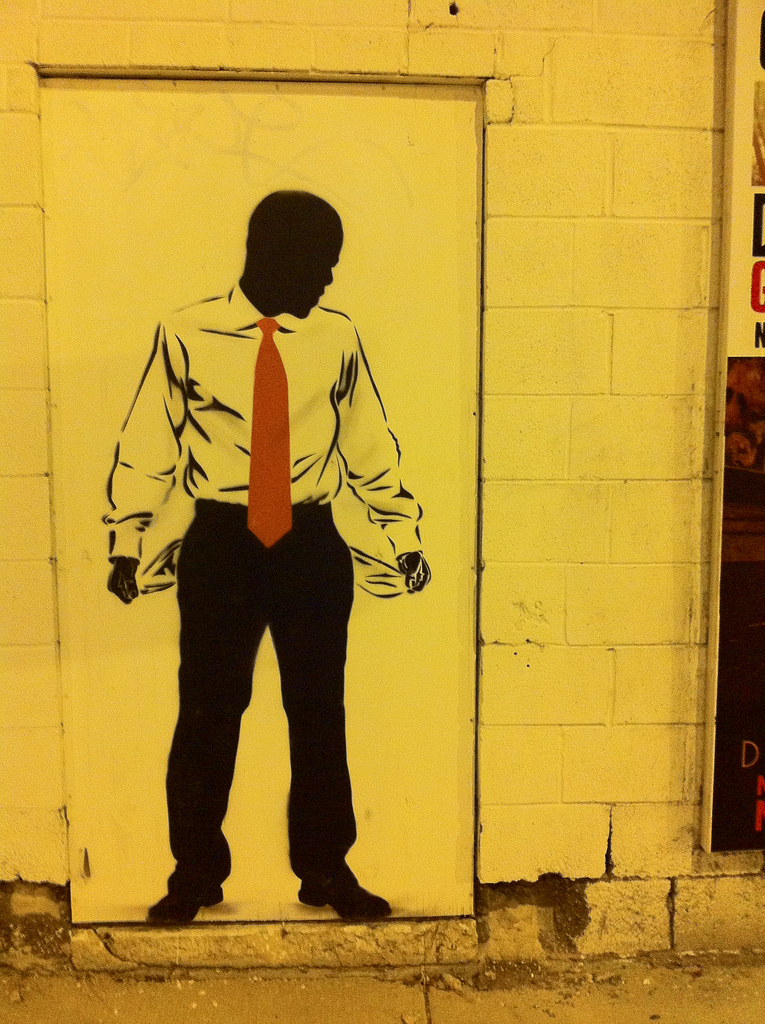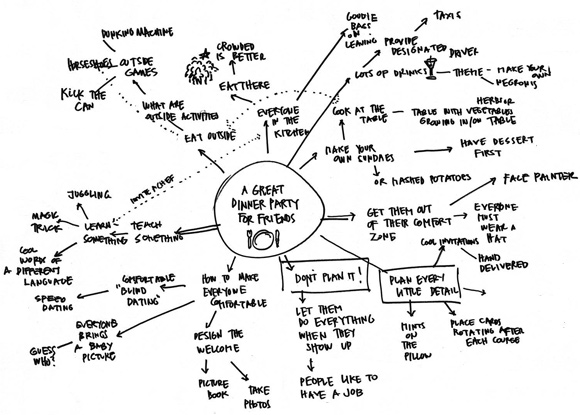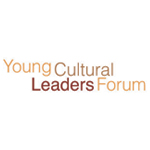This week, we're sharing reflections on the Summit at Sundance process and on the ideas leaders in the Chief Executive Program: Community and Culture worked on during this Summit last month. We encourage you to add your voice, questions and experiences to the conversation, and to use the information and conversations to inform action! How might we, as leaders in the cultural sector, be critical, formative drivers of building the vision for a new economy?(‘New Economy’ refers not to the high-tech economy, but a reconsideration of what the … [Read more...]
What I Talk About When I Talk About Open (Education)
In late April, NAS attended the Open Education Global Conference 2015 in Banff, Canada. We were fully prepared to “wonk” out – and weren’t disappointed. If you’re wondering “what is open education?” – you're not alone! The Open Education Consortium (a conference organizer) offers a definition: Open education encompasses resources, tools and practices that employ a framework of open sharing to improve educational access and effectiveness worldwide. Put another way, open education is the application of open source principles that may be more … [Read more...]
Do you need the matrix?
What is a board matrix? A board matrix (composition grid, etc.) for the governing board of a nonprofit organization is a tool that methodically attempts to first inventory the needs of an organization at board level, then the alignment between these needs and both current and potential board members. These needs can include skills & competencies, intrinsic qualities (race/ethnicity, gender, age, residence, sexual orientation), resources, networks or anything the organization values. Matrices range wildly in complexity, from simple to … [Read more...]
Sinéad Cusack, An Ode in Prose
In honor of Arts Advocacy Day, we at NAS are pulling back the curtain a bit and share our own thoughts on why the arts matter? We're continuing where we started last week with posts by members of our team. We invite you to add your thoughts as well. As a 14-year old boy at school in Alexandria, Virginia, I had an embarrassment of riches: the chance to see as much theater as I wished by merely signing my name on a piece of paper at school. For a short time, I decided to ignore this in favor of more important pursuits like buying a fake ID … [Read more...]
The Under-resourced Nonprofit Sector – Crisis or Chimera?
"How many times have You heard someone say If I had his money I could do things my way" – Johnny Cash, "A Satisfied Mind" (Written by Jack Rhodes, Red Hayes) Though I lack hooves, I have a burr under my saddle. In years of working with nonprofits, I have long since lost count of the number of times I’ve heard colleagues whose work and opinions I think highly of refer to our under-resourced sector. In conference panels and on blogs, in keynotes and cocktail conversations, we are witness to (and to be fair, participate in) references to … [Read more...]
Reading List: Hacks
This post appears as a the first of an occasional series of tricks and tips you may find useful in tackling your daily challenges. Does your team ever get stuck in a creativity rut? Do you think you need a license to be creative, especially if this isn’t part of your job title or job description? Do you need a shockabuku? Even the best teams get stuck once in a while, but you don’t have to be on the artistic side of the organization to be creative. What you do need to do is practice. In this HBR blog post, brothers Tom and David Kelley of … [Read more...]
Making the Argument for Leadership Development
Linda Wood, Senior Director of the Haas Leadership Initiative at the Evelyn and Walter Haas, Jr. Fund, recently wrote an interesting post on The CEP Blog of the Center for Effective Philanthropy, "The Leadership Development Disconnect." Working both in the field of leadership development and on program evaluation, I was encouraged to see these important issues highlighted. Much of my experience is consistent with the author’s. In the post, Wood states: "…not enough funders are investing in strengthening the leadership of their grantees. And … [Read more...]
Why the Lean Start-Up Changes Everything (…or does it?)
Steve Blank wrote an interesting article in the May Harvard Business Review on “Why the Lean Start-Up Changes Everything.” The lean start-up refers to a methodology (more on that shortly) rather than an organization of a specific structure or size. While its roots are in the technology field, the methodology has interesting implications for arts and culture organizations. This approach focuses on three key things. Rather than crafting an elaborate business plan, entrepreneurs use a conceptual framework known as the business … [Read more...]
Developing Transformative Employees and Systems
Editor’s note: Over the next two weeks, we’ll feature posts around the final convening of our Chief Executive Program, The Summit at Sundance. We invite you to participate in an online discussion of four major issues facing the cultural field. In this post, Fielding Grasty introduces the first of the problem statements. Problem to solve: Develop employees and organizational systems that will transform our organizations and the field. The global financial crisis has passed for much of the world, but an era of uncertainty has … [Read more...]
Goldilocks and the Three Bowls of Data
Barring residence under a rock or an other-worldly state of bliss, it is unlikely that you have escaped the phenomenon of “big data.” What is big data? Everyone knows that, right? Not so much. Gartner offers a helpful definition: Big data [are] high-volume, high-velocity and high-variety information assets that demand cost-effective, innovative forms of information processing for enhanced insight and decision making. Good! Three very important dimensions, but we’re not quite there. SAS boils it down a bit: Big data is a popular term used … [Read more...]
Stories from the Field: The Loft Literary Center
In the last several years, myriad organizations have moved into online education from different sectors. The proliferation of broadband and ubiquity of digital platforms enabling the distribution of high-definition video and related educational tools at low cost have converged to make this an option for organizations of any size. At National Arts Strategies, we first dipped our toes in the digital sea in 2009, presenting two series of online events: Talk with an Expert and Closer Look. I led development and presentation of both series. While a … [Read more...]
Salzburg Global Forum: Some Final Thoughts
We introduced Field Notes as a means of amplifying meaningful conversation. Over the last couple of weeks we put that to the test with content from the Salzburg Global Forum for Young Cultural Leaders, a program that was essentially 5 days of non-stop (and I mean that in the best possible sense) conversation among 64 people from 35 different countries. On an individual basis, I learned something from each conversation, each interview, each post. On a collective basis, what I learned was not something new but it was still incredibly valuable … [Read more...]
Finance au naturel
A wise person* once observed that it isn’t until that the tide goes out that one knows who’s been swimming naked. After the "Great Recession," it became apparent that many of us invested in something other than swimwear. I have served as Seminar Director for the NAS Finance seminar since its launch in April 2009, during, but not in response to, the economic crisis. As destructive as the macroeconomic environment has been, finance is a topic that is equally relevant to cultural managers in both buoyant and scary times. Having just wrapped the … [Read more...]
On leadership: “What to Ask the Person in the Mirror,” Robert Kaplan
Professor Robert S. Kaplan (Harvard Business School) has written a book on leadership, management and managing oneself that is readable, practical and highly actionable. It is based on an earlier article by the same name that appeared in the Harvard Business Review. While written for a general audience, the content is equally applicable to those running nonprofit organizations, especially larger ones. Seekers won't find mystical language or anything revelatory in terms of conceptual frameworks. Rather, the emphases include the criticality of … [Read more...]
Design Thinking Isn’t a Miracle Cure, but Here’s How It Helps
With that helpful and perhaps needed disclaimer out of the way, writer/designer/consultant Helen Waters pens a lengthy and thought-provoking dissection of what design thinking isn't, what it can't do, clues to why it has been at times oversold...and why it is still well worth considering the real value it provides. And why designers may have long since learned to walk in the opposite direction when some folk use the word. … [Read more...]

